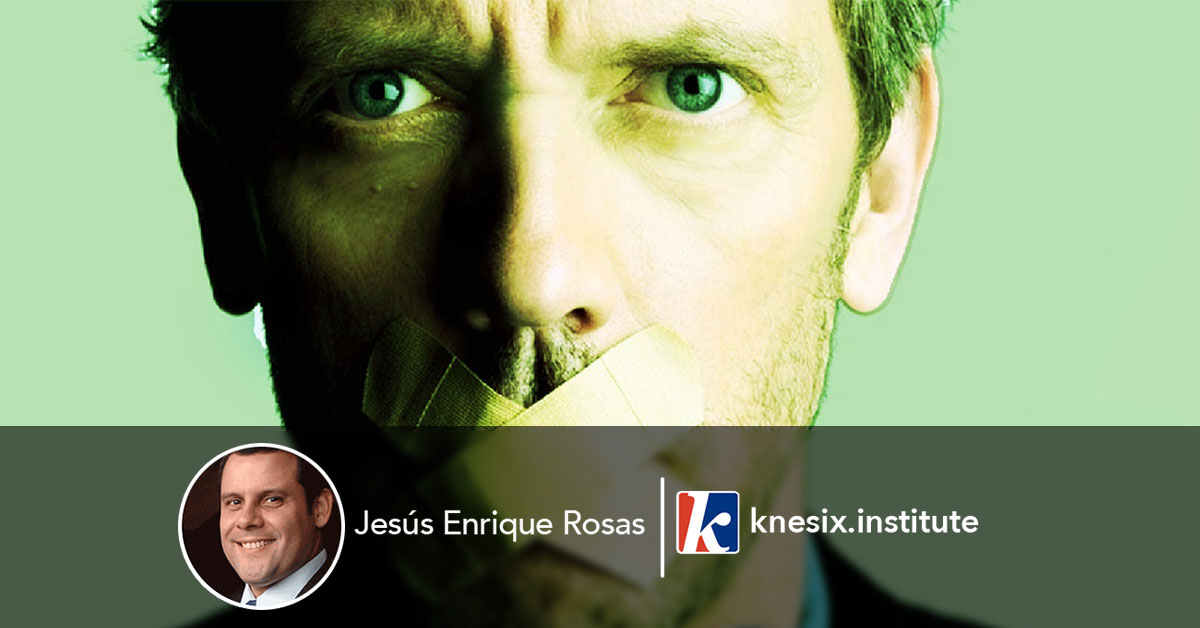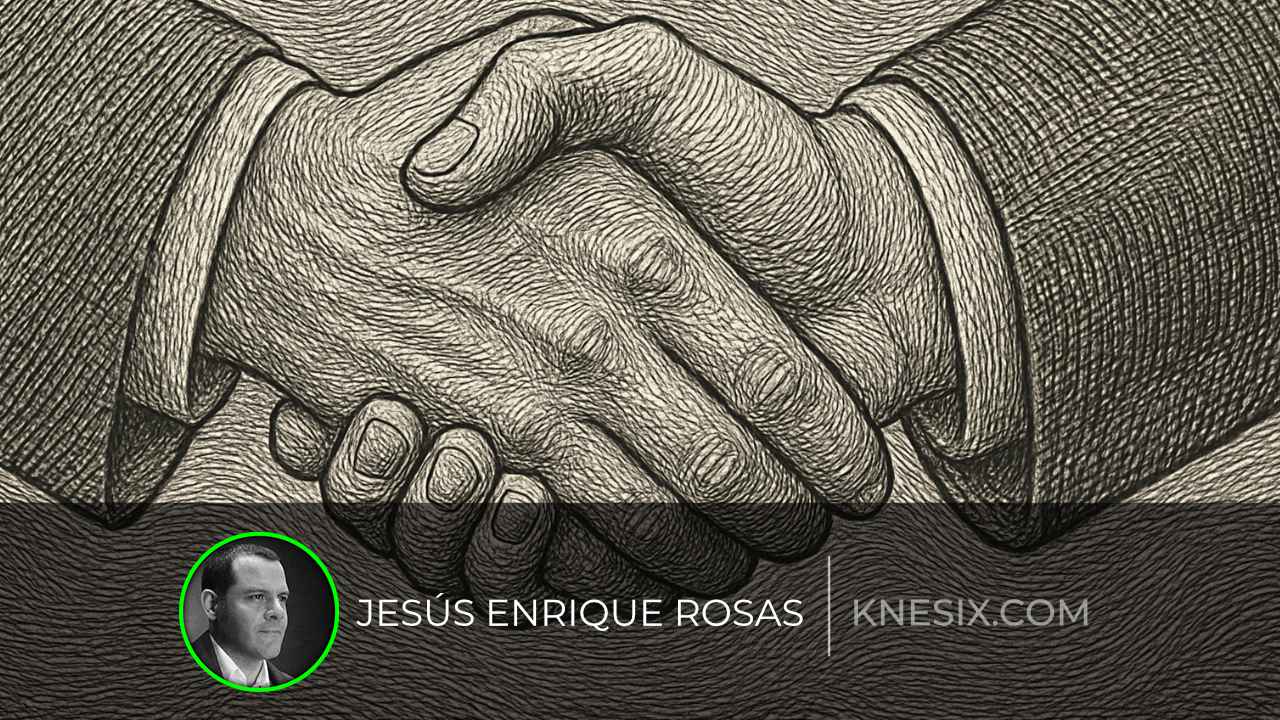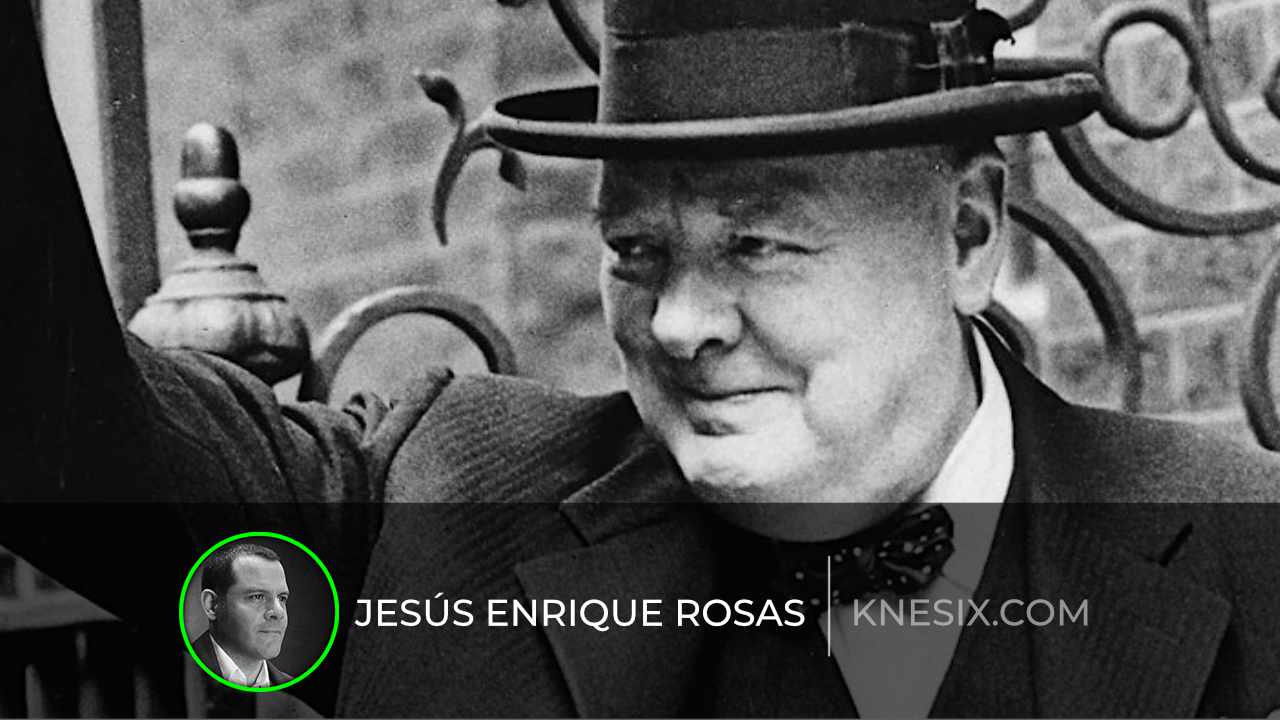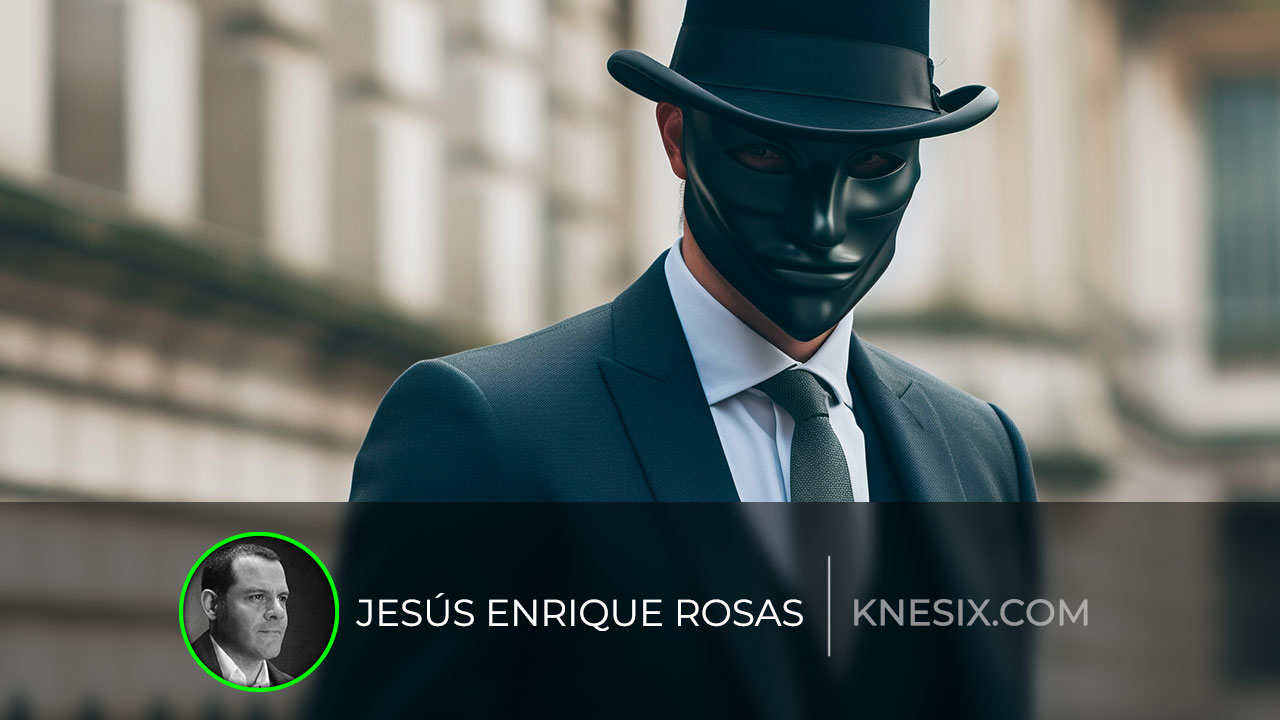Detecting lies is, without a doubt, one of the most attractive topics in body language.
Although it may seem a very difficult feat, the most important thing is to get used to observing the attitudes of the people you interact with on a daily basis.
The more you study the body language of others, the more sensitive you will become to the changes in attitude that inevitably accompany a falsehood.
The problem arises when you think there’s only one method for spotting deception, when in fact it’s a skill set that also includes asking questions.
Here are seven key clues to determine if a person is evading the truth:
1: Repeat the Question
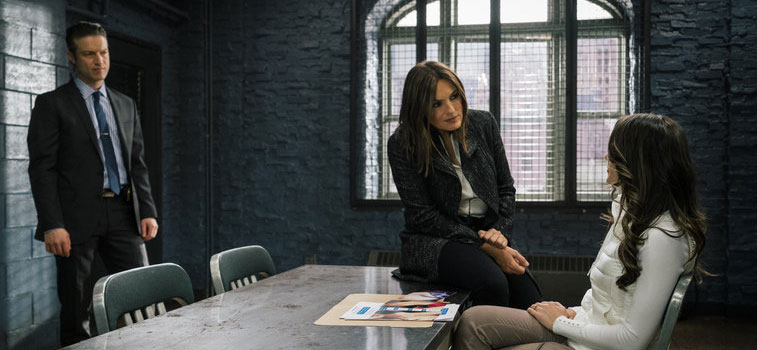
This first signal has two possible manifestations:
1) When you ask a simple question and they repeat it totally or partially, as if they have not understood you. For example:
– Andrea: “May I know why the report is not ready?”
– Beto: “The report? / That the report is not ready? / Who, me?”
Since to a simple question corresponds a simple answer, the liar’s mind needs precious tenths of a second to be able to answer without compromising.
How does the liar buy time? Well, he repeats the question.
2) Complement the answer with the question itself. This is “attached” to an answer that should be simple. For example:
– Andrea: “Dear, Did you feed the dog?”
– Beto: “Uhm, Yes love, I feed the dog”
After such an answer, hopefully Beto will make sure that Fido doesn’t starve to death. Including the original question as a complement to the answer (which in this case could simply be “Uhm, Yes, dear”) is a sign that Beto wants to sound convincing, which is not the case when they ask, for example, his name.
#2. The itchy mouth

Adult gestures are actually evolutions of the automatic movements of children. Expressions of emotionality, exaggerated hand gestures and wide-open eyes are unmistakable infantile traits that carry over steadily into adulthood, albeit more and more subtly to attract less and less attention.
What does a child instinctively do when he hears a lie or a swear word? His natural reaction will be to cover his mouth with both hands, wanting to say with this gesture “I can’t believe what you are saying!”. As they grow older, this manifestation becomes almost imperceptible and can drift into a simple touching of the corners of the lips or even the tip of the nose.
“Wait a minute,” you will say, “In that case the child is covering his mouth because he hears a lie, but not because he is telling it.”
Remember that our brain is prone to “represent” sensations that are not really present; If, for example, you see someone nibbling on a lemon, you can’t help but feel its sour taste in your own mouth, which might even make you salivate. The same reflex leads us to the gesture of hands brought to the mouth when another person lies.
Of all the micro itching defined by Phillippe Turchet in the book “The Language of Seduction”, the one at the corners of the lips and the one at the tip of the nose are intimately related to lying.
#3. The pearly temple
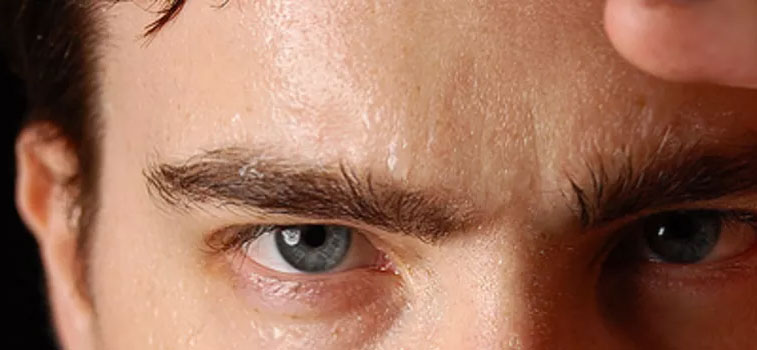
Have you ever noticed how a person who feels threatened starts sweating profusely? Even if a few seconds ago his forehead was dry, now it is pearly due to his nervousness.
This reaction is triggered by the amygdala when your limbic system senses imminent danger. Instead of waiting for the triggering of physical activity that raises your temperature and causes the corresponding sweating to control it, your body anticipates by causing perspiration that, due to the absence of exertion, feels cooler than normal.
The sweating of the forehead is a clear indication that the person is nervous. Nervous why…? it may be simply because he/she feels accused and is looking for an explanation; or he/she has no explanation and has to invent one.
At that moment the person being accused enters a vicious circle in which it is impossible for him/her to generate coherent words since his/her brain is divided between:
(a) Alarming about the danger of the moment,
b) Determining the intention and reactions of his interlocutor and, possibly…
c) Developing the lie.
If you add to all this the fact that he is already nervous and cannot think clearly, it is very feasible that he will end up screwing up or simply confessing everything.
You must be absolutely sure that it is not hot enough for the person to be sweating. Careful observation prior to the “interrogation” will allow you to determine if the skin on his or her temples is dry.
When the reaction to danger overtakes him, you will notice that his complexion will become lighter (due to compression of the capillaries) and he will begin to sweat. In the case of those who suffer from hyperhidrosis or constant sweating, there is no such change of (dry forehead / pearly with sweat), as they always have a light layer of perspiration.
#4. Fixed eyes

Among the body language “primers” that abound on the internet for detecting lies, a widespread myth is the following:
“The eyes of a person who lies constantly try to evade their interlocutor, either out of embarrassment or regret.”
In reality, lying is like playing basketball.
Can you imagine trying out your shots, and every time you shoot the ball you turn the other way?
Unlikely; you always want to see if you hit it or not. That’s exactly what we do; we keep our eyes fixed on the trajectory of the ball.
When we lie, we throw a “ball” that we hope the other person will catch, and end up believing us. Until then, we will try to scrutinize every inch of their face; the shine in their eyes, the tension in their face, the color of their skin, their breathing… we will desperately look for confirmation that what we are inventing has overcome the other person’s doubts.
Any excess is suspicious. At some point you may have come across someone you knew was lying… and made a ridiculous effort not to make eye contact. Maybe they’d stare at a crack in the ceiling, or maybe a pebble on the floor… but never turn to look at you. Most likely, he would not have an argument, but rather would insist over and over again on denying his involvement or knowledge of the accusation. In this case, the certainty that he is lying is even greater.
Then comes a verbal clue that is not easy to miss….
#5. Justifying yourself unnecessarily
One of the recommendations that lawyers make to people who are being interrogated, whether in a police station or in a trial, is to be coldly specific. “Yes” or “No” are the appropriate answers; if you have to respond with a complete sentence, it should be made as simple as possible and answer exactly what they are asking.
If the question is “Where were you Tuesday night?”, the answer should be less than four words. “At such-and-such nightclub.” Period.
Criminologists, lawyers, psychologists, psychiatrists and other related professionals are well aware of the reason for this recommendation. When we feel guilty for one reason or another, or when we are nervous because we want to prove our innocence or efficiency, we tend to…. justify ourselves unnecessarily.
What can we define as unnecessary justification? any detail that seeks to prove what we are saying.
For example, a criminal who has an alibi for “Tuesday night” will spit it out in full without being asked, as long as he is left alone for once. And this is when we specialists realize if he has been practicing the answer; a person who really has to “remember” takes his time in structuring the details. He does not have to practice anything and can answer calmly because he is speaking the truth.
What do you gain by talking out of turn? Absolutely nothing. In fact, he loses a lot, as he often gives unnecessary details that will help a shrewd interrogator to contradict him eventually, even if he is being truthful.
How is this possible? Nervousness is the culprit; if the answer to the question were “I was at the discotheque… with John and Mary”, and in reality John only accompanied him for ten minutes and left, then the interrogator could claim that “At 9:30 p.m. John was at his mother’s house. How is it possible that he was with you at the discotheque?”. Then it’s his turn to justify even more. He would say (even more nervous) “Oh, he left at 9:10… I never heard from him again”. And that’s the way it goes.
Can you imagine that at 9:45 you sent a text message to John and forgot? Everything gets complicated.
And all because of unnecessarily justifying yourself.
But we’re not done yet…
#6. Lower your voice and swallow
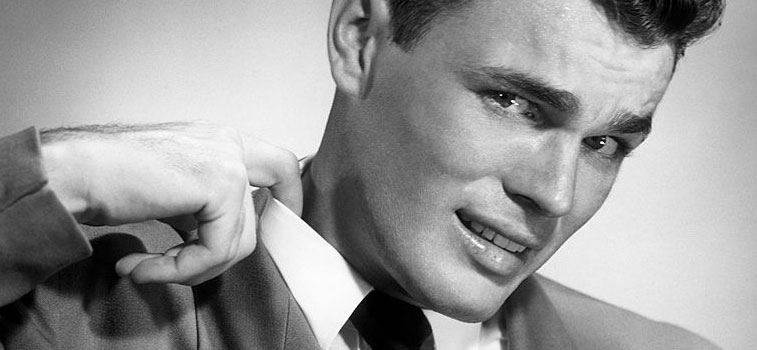
This is the easiest lie detection lesson to implement. When a person is lying or making something up, their tone and volume of voice drops dramatically, by almost 50%. From speaking with correct modulation, they suddenly go to lowering their voice discreetly, and then back to a normal tone of voice.
It may even occur several times throughout concatenated sentences.
Try to identify, as your interlocutor is expressing himself, the rises and falls in the pitch of his voice; pay attention to what details he was explaining at the moment he lowered the volume when he spoke.
Machiavellianly aim your next questions at those details he is trying to conceal.
Just as the tone of voice oscillates with lies, another vocal detail takes center stage: swallowing saliva. This is an automatic process we do all the time, but if we are nervous we do it almost deliberately and it shows.
Comics have been quite explanatory in this regard, as the classic gesture of the terrified character who must pull at his shirt collar in order to swallow saliva with characteristic parsimony is firmly rooted in our body lexicon.
But this cue is more than just a childish vignette. It is a fact that when people are nervous, they need to consciously swallow saliva.
#7. The relief of withdrawal

The last technique on this list for detecting lies is the most difficult to apply.
When a person is being interrogated, he will be defensive and his body will be tense.
By the time the interrogation is over, one of two things can happen: Either the person will counterattack by saying how unfair we have been in thinking he is lying, or he will become quiet and his body will relax for a few tenths of a second.
In short, a guilty person will be instantly relieved when the “interrogation” is over.
Why is this so difficult to put into practice?
Because this is the only technique that involves the liar in full knowledge that we are interrogating him. This process, itself a delicate art, must be sufficiently exasperating to him that he exhibits at least three of the six keys outlined above.
A sincere person is usually willing to cooperate.
A liar becomes defensive.
At the end of the interrogation, you should watch for two cues:
(a) Relaxation of one or both shoulders, and
b) Breathing, which being superficial up to that moment, will resume with a dull sigh.
Imagine that you start to be accused of something that is not true. Despite what you say in your defense, they still don’t believe you. You would be outraged! And it wouldn’t be an emotion that would dissipate right off the bat. As soon as the interrogation is over, you would start claiming the unjust accusation.
But if you are guilty, the attitude is different. For half a second you relax, relieved that the attack is over; but right away the left hemisphere of your brain takes over and says “Hey, you’re supposed to show indignation!”
How to execute it correctly?
1) Corner the alleged liar, throwing question after inquisitive question, trying to increase his stress.
2) Visually verify that indeed his shoulders are starting to rise and “pull together” a bit. This step is very important, and is the one that leads to:
3) Launch a last question and wait for the answer, and finally….
4) As soon as the liar finishes his answer, you look at him for three to four seconds staring him straight in the eyes, as if considering that he is indeed telling the truth; meanwhile, your hands should be propped on your waist, implying that you are not going to take a step back.
At the end of the three or four seconds of staring… loosen your arms, turn your body 45°, bring a palm to your forehead and sigh deeply, swinging your eyes downward, but without losing sight of him.
This composed gesture will give your interlocutor the certainty that the interrogation is over.
Does the counterattack begin immediately, or is there a split second of relief?
Much success!
Jesus Enrique Rosas
The Body Language Guy
